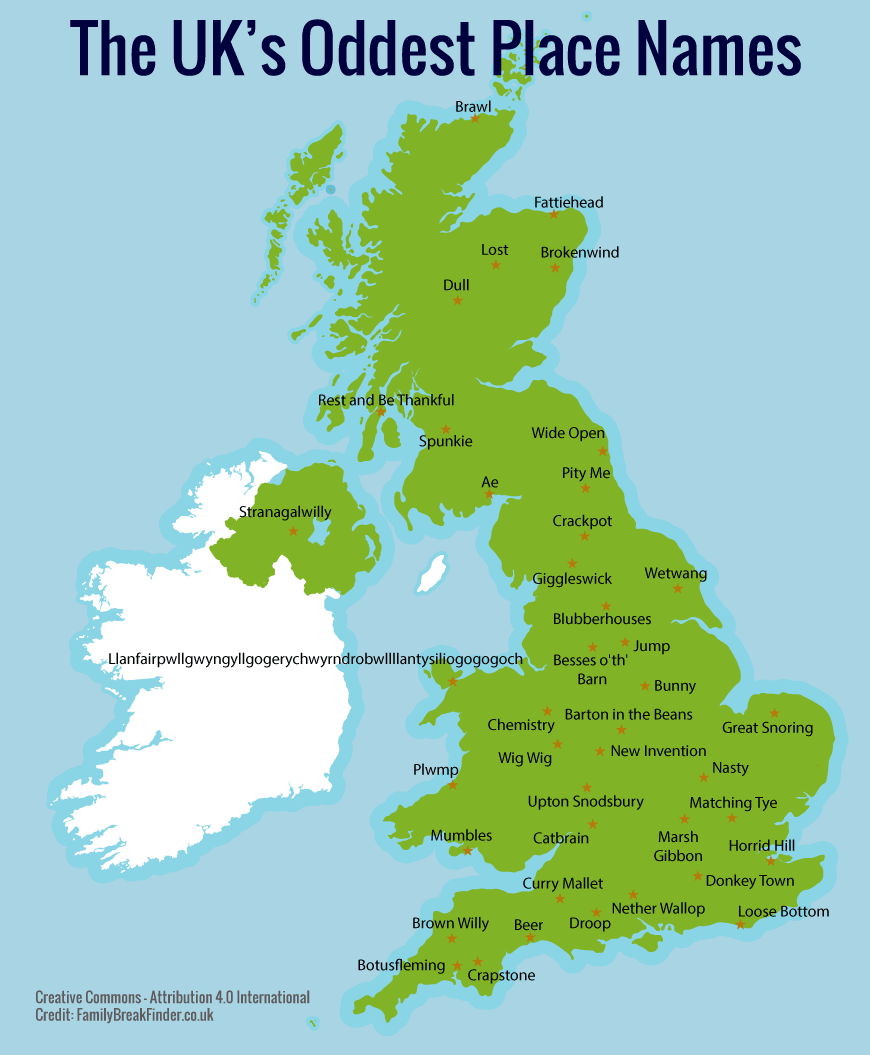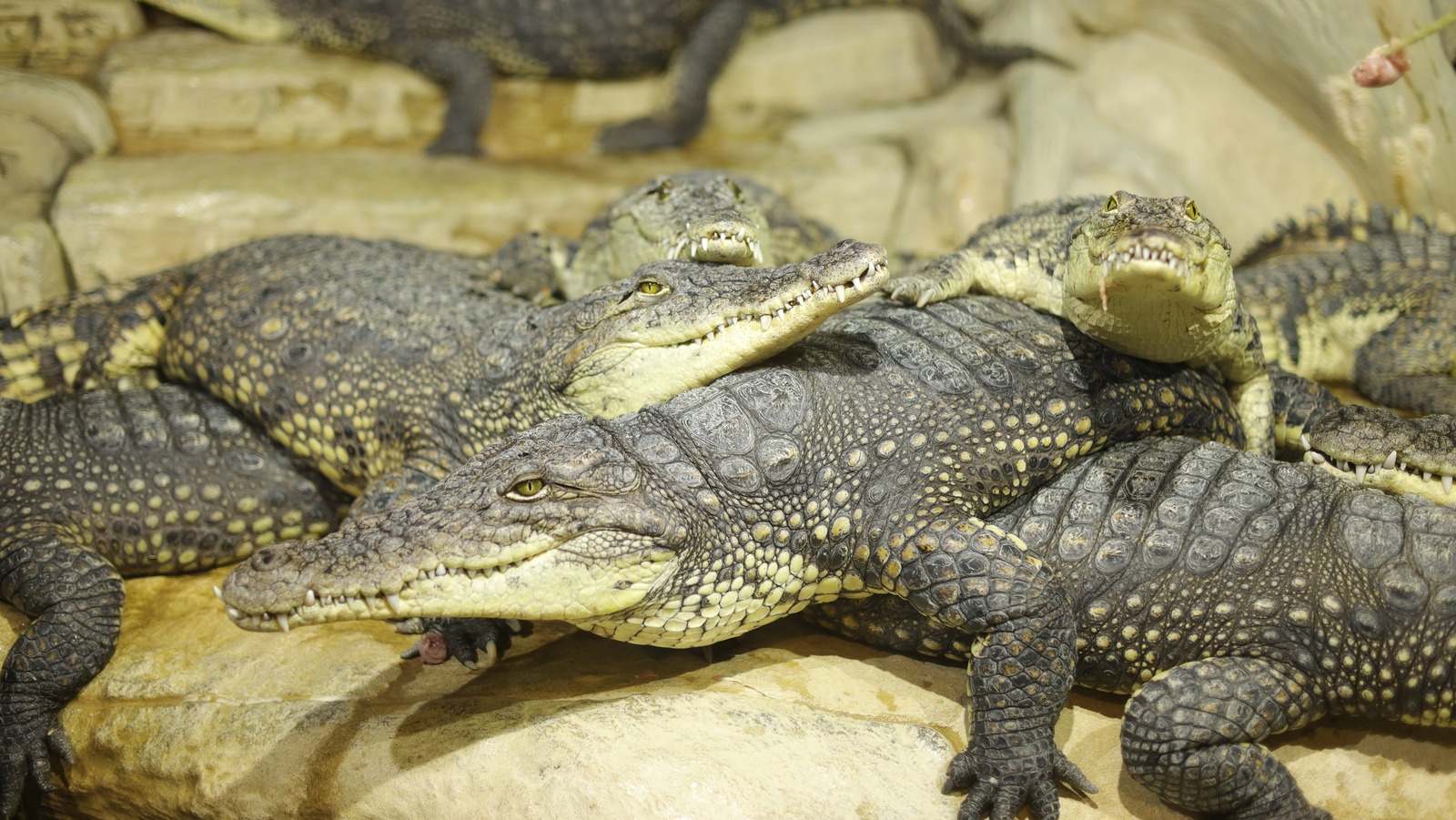Have you ever come across a name so unusual that it leaves you in awe? Names are an essential part of our identity, but some names stand out due to their uniqueness or oddity. The oddest names in the world often reflect cultural diversity, personal creativity, and historical influences. In this article, we'll delve into the world of unusual names, exploring their origins, significance, and the stories behind them.
From ancient traditions to modern-day creativity, the oddest names in the world offer a glimpse into the fascinating ways people choose to name their children. These names may seem strange or quirky to some, but they often carry deep meanings and cultural significance.
This article will take you on a journey through the most unusual names, uncovering their origins, cultural influences, and the stories behind them. Let's dive into the world of the oddest names in the world and discover what makes them so intriguing.
Read also:4movierulz Telugu 2024 The Ultimate Guide To Your Favorite Telugu Movies
Table of Contents
- Origins of the Oddest Names in the World
- Cultural Influences on Unusual Names
- Famous Examples of Odd Names
- Legal Considerations for Naming Children
- Impact of Odd Names on Identity
- Current Naming Trends and Their Oddities
- Psychological Effects of Having an Unusual Name
- Historical Perspective on Unusual Names
- Popularity of Odd Names Across the Globe
- Conclusion: Celebrating the Diversity of Names
Origins of the Oddest Names in the World
The oddest names in the world often have fascinating origins. These names may stem from ancient languages, cultural practices, or even modern-day creativity. For instance, names like "Talula Does The Hula From Hawaii" or "North West" reflect the unique ways parents express their individuality through naming conventions.
Historical Background
Historically, unusual names were often tied to specific cultural or religious practices. In some societies, names were chosen based on omens, dreams, or significant events. For example, in certain African tribes, names might reflect the circumstances of a child's birth, such as the day of the week or the weather conditions.
Modern Creativity
In recent years, parents have become increasingly creative with naming their children. Celebrities, in particular, have popularized unusual names, often sparking debates about the appropriateness of such choices. Names like "Apple" (Gwyneth Paltrow's daughter) or "Audio Science" (Erykah Badu's son) exemplify this trend.
Cultural Influences on Unusual Names
Culture plays a significant role in shaping the oddest names in the world. Different societies have distinct naming traditions, which influence the types of names considered unusual or odd.
Asian Naming Practices
In many Asian cultures, names often carry deep symbolic meanings. For example, in Japan, names like "Akari" (light) or "Kaito" (ocean child) are popular, but some parents opt for more unconventional choices, such as "Eagle" or "Dragon."
African Naming Traditions
African naming traditions often reflect the child's birth circumstances or the parents' hopes for their future. Names like "Kwasi" (born on Sunday) or "Zola" (peace) are common, but some parents choose more unusual names, such as "Freedom" or "Rainbow."
Read also:Wwwmovierulzcom Kannada 2024 Your Ultimate Guide To The Latest Movie Trends
Famous Examples of Odd Names
Several famous individuals have unusual names that have captured public attention. Let's explore some of these examples:
- North West (daughter of Kanye West and Kim Kardashian)
- Audio Science (son of Erykah Badu)
- Piluluk Tutiwi (a Greenlandic name meaning "one who melts snow")
- Lightning Bolt Eclipse (a British child named after a racehorse)
Legal Considerations for Naming Children
While creativity in naming is encouraged, there are legal limits to what parents can name their children. In some countries, laws regulate the types of names allowed to ensure they do not harm the child's well-being or dignity.
Examples of Naming Restrictions
For instance, in Germany, parents must choose names that clearly indicate the child's gender. In Denmark, names must be approved by a committee to ensure they conform to cultural norms. Similarly, New Zealand prohibits names that might cause embarrassment or harm, such as "Talula Does The Hula From Hawaii."
Impact of Odd Names on Identity
Having an unusual name can significantly impact a person's sense of identity. On one hand, it can make them stand out and foster a strong sense of individuality. On the other hand, it may lead to teasing or difficulty in social situations.
Positive Effects
People with unusual names often develop a strong sense of self-confidence and uniqueness. They may view their name as a badge of honor, representing their parents' creativity and love.
Challenges
However, unusual names can also pose challenges. Individuals with odd names may face difficulties in professional settings or encounter teasing during childhood. It's essential for parents to consider the potential impact of a name on their child's life.
Current Naming Trends and Their Oddities
Modern naming trends often reflect societal changes and cultural influences. Parents today are increasingly drawn to unique or unusual names, inspired by celebrities, literature, or even pop culture.
Pop Culture Influences
Names inspired by movies, TV shows, or music are becoming more common. For example, names like "Beyoncé" or "Eminem" have gained popularity due to their association with famous artists. Similarly, names like "Arya" (Game of Thrones) or "Bender" (Futurama) reflect the influence of popular media.
Nature-Inspired Names
Another trend is the use of nature-inspired names, such as "River," "Sky," or "Blossom." These names often convey a sense of harmony with the environment and reflect a growing interest in eco-friendly living.
Psychological Effects of Having an Unusual Name
Research suggests that having an unusual name can have both positive and negative psychological effects. While it may foster individuality and creativity, it can also lead to social challenges or self-esteem issues.
Studies on Name Perception
Studies have shown that people tend to form opinions about others based on their names. For example, individuals with common names may be perceived as more trustworthy or approachable, while those with unusual names may be viewed as more creative or eccentric.
Coping Strategies
Individuals with unusual names often develop coping strategies to deal with the challenges they face. This may include embracing their uniqueness or choosing a nickname for professional settings.
Historical Perspective on Unusual Names
Throughout history, unusual names have been a part of various cultures and societies. From ancient civilizations to modern times, names have evolved to reflect changing social norms and values.
Ancient Naming Practices
In ancient Greece and Rome, names often carried symbolic meanings or were associated with deities. For example, names like "Athena" or "Apollo" reflected the importance of mythology in daily life. Similarly, in medieval Europe, names often denoted religious devotion, such as "Mary" or "John."
Modern-Day Evolution
Today, naming conventions continue to evolve, with parents drawing inspiration from a wide range of sources. This has led to an increase in unusual names, reflecting the diversity and creativity of modern society.
Popularity of Odd Names Across the Globe
The popularity of unusual names varies across different regions and cultures. While some countries embrace creativity in naming, others maintain more traditional practices.
Regional Differences
In countries like the United States, unusual names are becoming increasingly common, with parents opting for unique or invented names. In contrast, countries like Japan or South Korea tend to favor more traditional names, although there are exceptions.
Global Trends
Globally, the trend toward unusual names is growing, driven by increased access to information and exposure to diverse cultures. This has led to a greater acceptance of unique names and a celebration of individuality.
Conclusion: Celebrating the Diversity of Names
In conclusion, the oddest names in the world reflect the rich diversity of human culture and creativity. From ancient traditions to modern-day innovations, names continue to evolve, offering a fascinating glimpse into the ways people express their identity.
We encourage readers to embrace the uniqueness of names and celebrate the diversity they bring to our world. Whether you have an unusual name or know someone who does, take a moment to appreciate the stories and meanings behind these fascinating names.
Feel free to share your thoughts in the comments below or explore other articles on our site to learn more about the world of names and identity.

